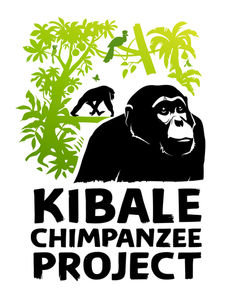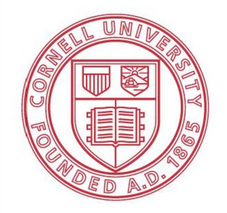
UGANDA
One Health approach to Chimpanzee Conservation with the Jane Goodall Institute
The Jane Goodall Institute aims to protect endangered chimpanzee populations by monitoring their health in the wild. The Kibale Chimpanzee Project field assistants record data on chimpanzee health as part of a daily monitoring system. The mobile and stationary health clinics supported by Kibale National Park serve the medical needs of the people in the local area.
Our Work

Chimpanzee Health Monitoring
The strength of the Uganda CHIMP program is in exploring the connection between the health of wild chimpanzees in the forest with the people living nearby in communities that live close to the forest. Incorporating principles of One Health and Public Health our students learn firsthand how disease in a population can impact both conservation success and human livelihoods. Long standing research integrates new knowledge of the shared health of wild chimpanzees and local people in Kibale National Park to secure both conservation management and sustainable forest practices.
Human Health & Community Empowerment
● FAMILY PLANNING
Depo Provera shots (provided by USAID), Condoms,
IUD, and birth control pills
● ALTERNATIVE LIVELIHOODS
Livestock , Seedlings, Seed banks monitored by Budongo County village leaders, Village Savings Loans Association
● COMMUNITY HEALTH MONITORING
Collect fecal samples from livestock, primates, and
community members
● WASH
Focuses on partnership with local governments (District Health Officer [DHO] and Inspector [DHI]) and Analysis of community prior to implementation of program specifically personalized for its needs and capabilities


Improving Water Access & Quality
Access to clean and disease-free water is essential not only for human health but for reducing the total amount of diarrheal disease present in the areas surrounding Kibale National Park. Therefore, part of our project aimed to study its quality and the methods and results were as follows:
-
The original water samples collected and analyzed were deemed unreliable due to flawed protocols and corruption.
-
A subsequent round of sampling was conducted and highlighted that there was a high level of contamination of water sources being used by communities living adjacent to the Budongo Forest. These results were one of the main criteria used by JGI to install 5 new rain water tanks and build 4 protected springs. The improved water sources will have the following direct impacts:
-
Five rain water tanks were installed in five schools reaching out to 2,450 school children and at least 1,500 community members. These tanks were installed to act as alternative water sources and reduce the level of dependence by communities on contaminated sources.
-
Four protected water springs developed in four villages serving clean water to a community of about 2,800 people.












